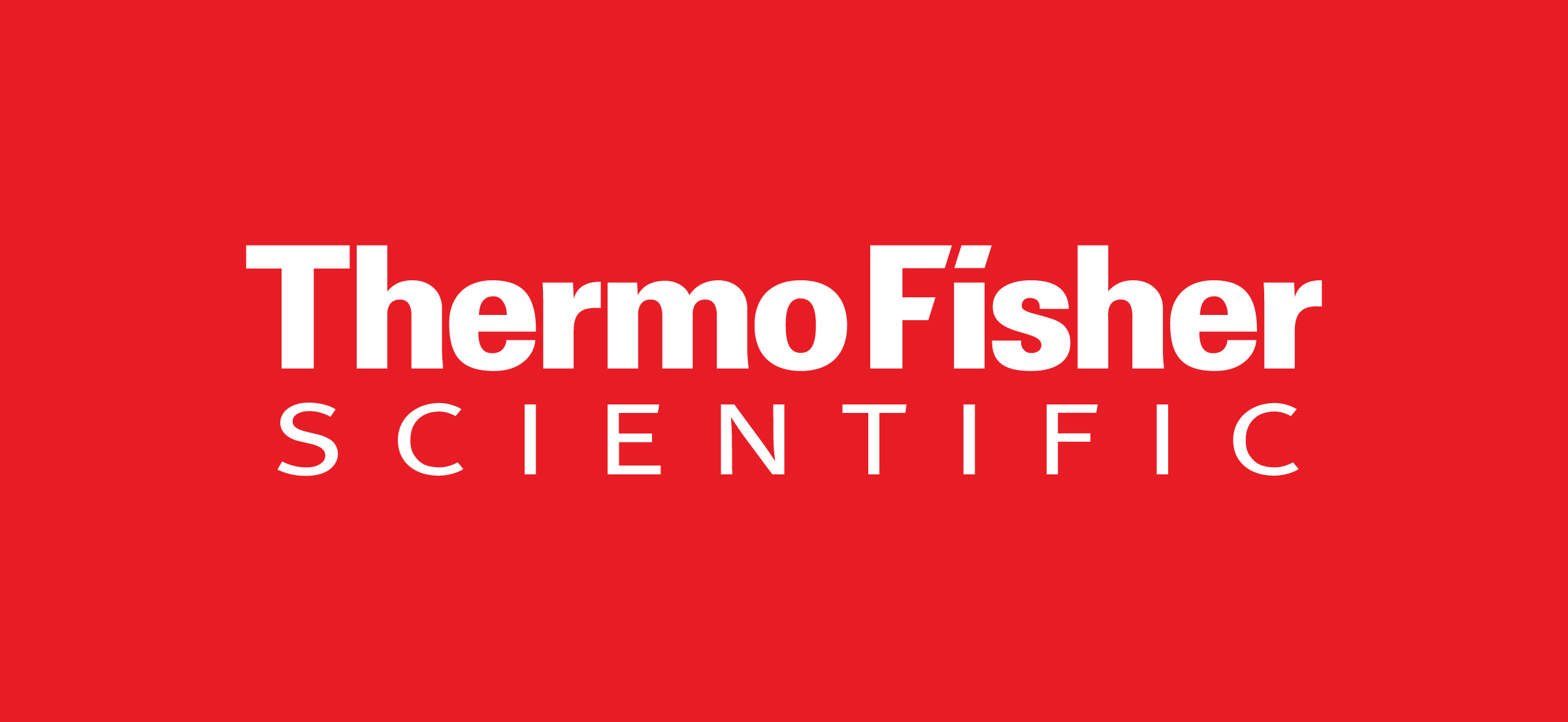Agenda
Sunday, October 6, 2024
|
4 p.m. |
Registration opens |
|
5-7 p.m. |
Welcome Reception and Exhibitor Showcase |
Monday, October 7, 2024
|
7 a.m. |
Registration Opens |
|
8 a.m. |
Breakfast |
|
9 a.m. |
Opening Remarks Senator Gary Peters (recorded remarks) |
|
9:30 a.m. |
Plenary: PFAS Challenges and Progress |
|
10:45 a.m. |
Break |
|
11 a.m. |
Panel Discussion Raymond Basile, Camp Grayling Restoration Advisory Board (RAB) Rebecca Meuninck, Executive Director of Great Lakes Regional Center National Wildlife Federation |
|
12:15 p.m. |
Lunch |
|
Session 1: Distribution of PFAS in the Great Lakes |
|
|
1:15 p.m. |
Keynote: Problem Identification |
|
1:45 p.m. |
Case Study 1: Water/Air Distribution |
|
2 p.m. |
Case Study 2: Large Scale PFAS Fate and Transport Modeling |
|
2:15 p.m. |
Case Study 3: Bioaccumulation in Food Web Dr. Tyler Hoskins, Purdue University |
|
2:30 p.m. |
Case Study 4: Solutions and Remediation |
|
2:45 p.m. |
Break |
|
3 p.m. |
Panel Discussion Dr. Brandon Armstrong, Michigan Department of Environment, Great Lakes, and Energy (EGLE) Dr. Qi Hua Fan, Michigan State University |
|
4:30 p.m. |
Daily Concluding Remarks |
|
6-8 p.m. |
Poster Reception and Exhibitor Showcase |
Tuesday, October 8, 2024
|
8 a.m. |
Breakfast Registration opens |
|||
|
Session 2: One Health |
||||
|
9 a.m. |
Keynote |
|||
|
9:30 a.m. |
Case Study 1 |
|||
|
9:45 a.m. |
Case Study 2 |
|||
|
10 a.m. |
Case Study 3 One Health and the NASEM Guidance on PFAS |
|||
|
10:15 a.m. |
Break |
|||
|
10:30 a.m. |
Panel Discussion Dr. Kevin Elliott, Michigan State University Dr. Jason Hoverman, Purdue University Dr. Rachel Leads, Michigan State University |
|||
|
11:45 a.m. |
Lunch |
|||
|
1:15 p.m. |
Breakout Session I |
|||
|
|
Grand Challenges and New Technologies for PFAS Research in Aquatic Ecosystems |
|||
|
Community |
||||
|
Miscellaneous Evaluating the Toxicity of Fluorine-Free Foam Alternatives to Aquatic Organisms |
||||
|
Analytical Chemistry |
||||
|
1:45 p.m. |
Break |
|||
|
2 p.m. |
Breakout Session II |
|||
|
|
Grand Challenges and New Technologies for PFAS Research in Aquatic Ecosystems Are volatile PFAS an environmental and a vapor intrusion concern? Dr. Ibrahim Abusallout, Fraunhofer USA |
|||
|
Community Assessing the occurrence of PFAS in private wells across PA: Implications for human health Dr. Heather Preisendanz, Penn State |
||||
|
Miscellaneous Mechanisms of uptake and negative health effects of per and polyfluorinated alkyl substance Dr. Ekin Atilla-Gokcument, University of Buffalo |
||||
|
Analytical Chemistry Thermo Fisher Scientific Sponsor Presentation Measuring PFAS in aqueous matrices: from targeted quantitation to broadband screening |
||||
|
2:30 p.m. |
Breakout Session III |
|||
|
|
Grand Challenges and New Technologies for PFAS Research in Aquatic Ecosystems Birds of a feather get contaminated together! PFAS in Michigan avian sentinel species. Sydney Brady, Indiana University - Bloomington |
|||
|
Community Supporting Research on Social and Economic Impacts of PFAS on Great Lakes Communities Sarah Zack, University of Illinois Extension |
||||
|
Miscellaneous Characterization of Per-and Polyfluoroalkyl Substances (PFAS) in Environmental Matrices and Uptake by Biota in an AFFF-Contaminated Wetland |
||||
|
Analytical Chemistry Waters Sponsor Presentation Utilizing Ion Mobility to Enhance Suspect and Non-Targeted Analysis of PFAS from a Landfill Leachate Sample |
||||
|
3 p.m. |
Breakout Session IV |
|||
|
|
Grand Challenges and New Technologies for PFAS Research in Aquatic Ecosystems In Situ Remediation with Colloidal Activated Carbon to Reduce PFAS Risk Christian Parke, REGENESIS |
|||
|
Grand Challenges and New Technologies for PFAS Research in Aquatic Ecosystems Dr. Jay Gandhi, Metrohm |
||||
|
Miscellaneous Does PFOS exposure increase infection susceptibility in fish? Adrian Deil Manliclic, Michigan State University |
||||
|
Analytical Chemistry Agilent Sponsor Presentation The importance of a total workflow approach for the analysis of PFAS in wild fish tissues Matthew Giardina, PhD |
||||
|
3:30 p.m. |
Breakout Session V |
|||
|
|
Grand Challenges and New Technologies for PFAS Research in Aquatic Ecosystems Alexandra Sexton, Michigan State University |
|||
|
Grand Challenges and New Technologies for PFAS Research in Aquatic Ecosystems Conceptualizing Utility Operated GAC Reactivation Facilities Ryan Rhoades, HDR |
||||
|
Miscellaneous Congying Wang, Michigan State University |
||||
|
Analytical Chemistry Dr. John Newsted, Ramboll |
||||
|
4 p.m. |
Daily concluding remarks |
|||
Wednesday, October 9, 2024
|
8 a.m. |
Breakfast Registration opens |
|
Session 3: Policy Perspectives |
|
|
8:30 a.m. |
Perspective 1: Local |
|
8:50 a.m. |
Perspective 2: Regional Christian Smith, Michigan Department of Environment, Great Lakes, and Energy |
|
9:10 a.m. |
Perspective 3: Tribal Dr. Gavin Dehnert, University of Wisconsin Aquatics Science Center |
|
9:30 a.m. |
Perspective 4: Federal |
|
9:50 a.m. |
Perspective 5: International |
|
10:10 a.m. |
Perspective 6: Department of Defense |
|
10:30 a.m. |
Break |
|
10:45 a.m. |
Panel Discussion Dr. Hunter Anderson, U.S Air Force Dr. Mark Axelrod, Michigan State University Dr. Gavin Dehnert, University of Wisconsin Aquatics Science Center Dr. Scott Mabury, University of Toronto Emma Meade, U.S. Environmental Protection Agency Dr. Mark Strynar, U.S. Environmental Protection Agency (EPA) |
|
12 p.m. |
Lunch |
|
1 p.m. |
Workshop |
|
4 p.m. |
Adjourn |






 Print
Print Email
Email